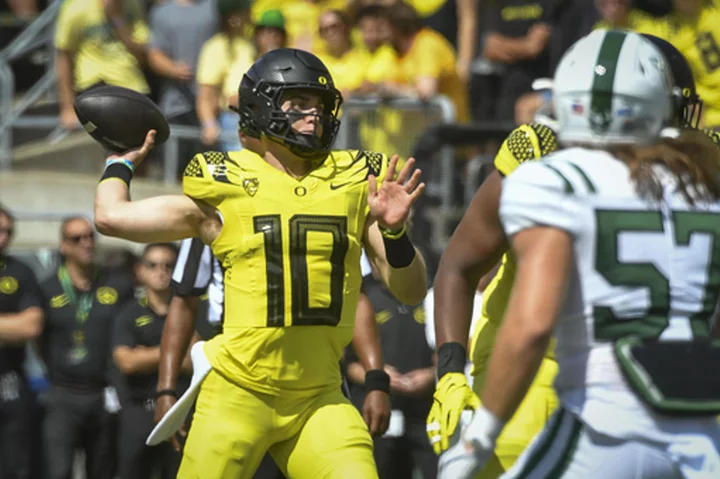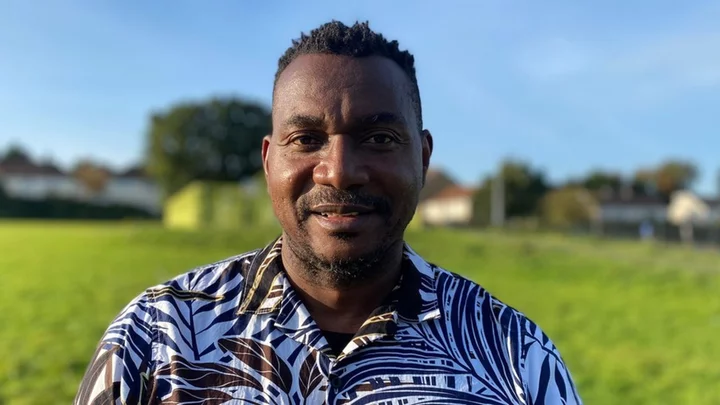BRUNSWICK, GEORGIA: A deep sea fishing adventure off the coast of Georgia took a distressing turn as three friends, Dalton Conway, Caleb Wilkinson, and Tyler Barlow, went missing during their excursion.
Their 31-foot vessel, the Carol Anne, set out on October 14, with the expectation of being back in Brunswick on Thursday. However, their vessel failed to return as planned, leading to a frantic search effort by the US Coast Guard, which has extended 80 miles offshore.
Hope amidst vast search effort
Since the trio's disappearance some family and friends "are sick to the stomach" thinking of their fate. The search has also been deemed "complicated" by the Coast Guard due to the limited information available about their possible whereabouts.
Yet searchers remain "hopeful" about their safe finding despite already searching around 20,000 square nautical miles as far as north of Brunswick, towards the Carolinas since Friday, October 20.
Caleb Wilkinson's first deep-sea expedition
While Dalton and Tyler were experienced fishermen, this was Caleb's first deep-sea fishing outing, signifying his venture into uncharted waters. He had recently decided to explore deep-sea fishing and had joined Dalton, a professional fisherman, to learn the ropes.
Dalton's sister and Caleb's girlfriend Stevie Conway, "It's absolutely terrifying. We are sick to our stomachs. Lots of tears and gatherings. Getting together to try to uplift each other and stay positive whenever we're all wanting to fall apart," as per CBS.
The friends have been missing for three days, and their communication systems have been down since Saturday. While the emergency beacon designed to activate when an emergency raft hits the water has not sounded, both family members and Coast Guard officials hold on to optimism.
The EPIRB's silent reassurance
The absence of distress alerts from the EPIRB (Electronic Position Indicating Radio Beacon) has become a source of hope, indicating that the friends may still be lost at sea. The search has involved significant resources, including 16 planes and US Coast Guard Stations stretching from Miami to North Carolina.
Coast Guard Sector Charleston Lieutenant Commander Jason Erickson offered a theoretical explanation that if the group encountered trouble due to a drift caused by the Gulf Stream, they might have continued drifting northeast. "We know that the boat had an electronic beacon onboard, which we call an EPIRB, and we know that beacon has not activated," Erickson said.
"It is supposed to self-activate once it gets submerged in the water, and then it should release and give a position and indicate that there is some kind of distress. We have not received any beacons that have gone off. That's a reason to be hopeful."









